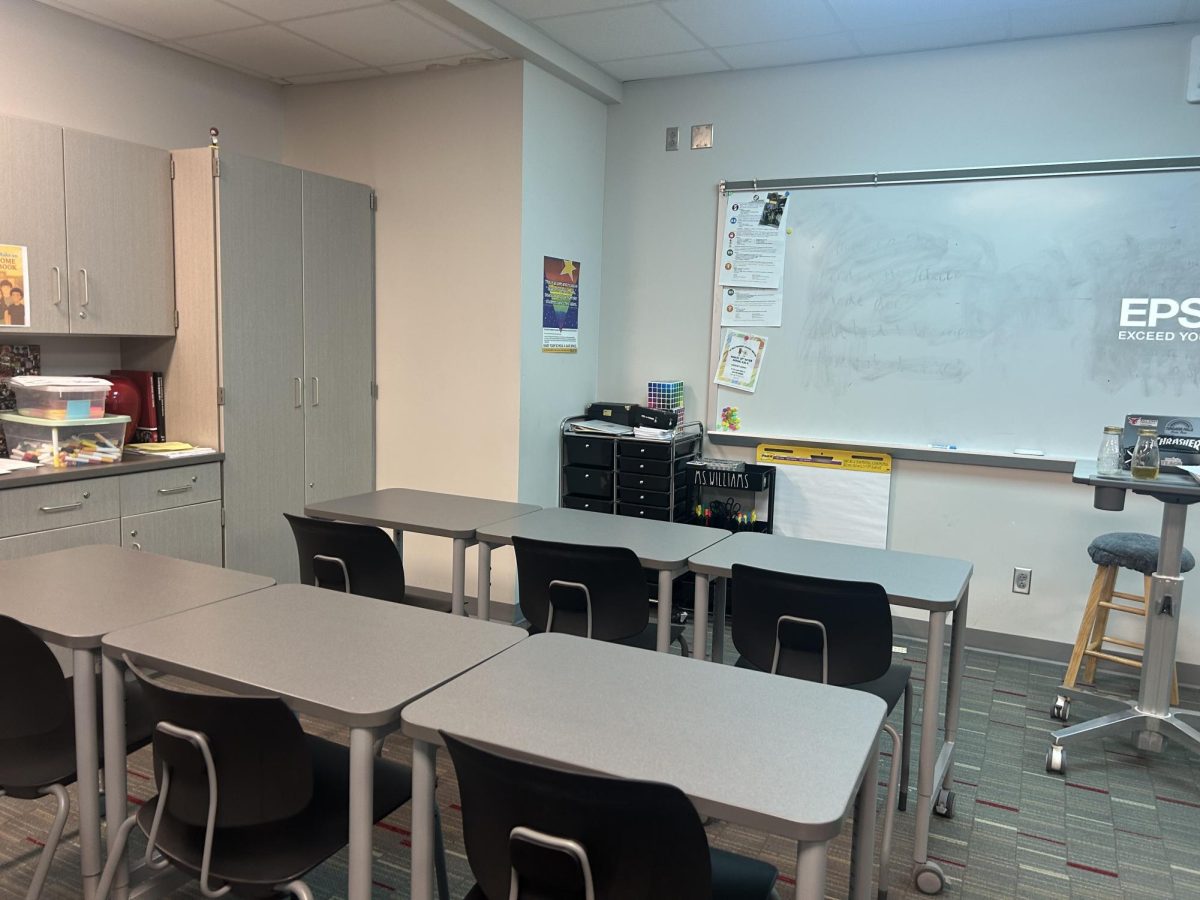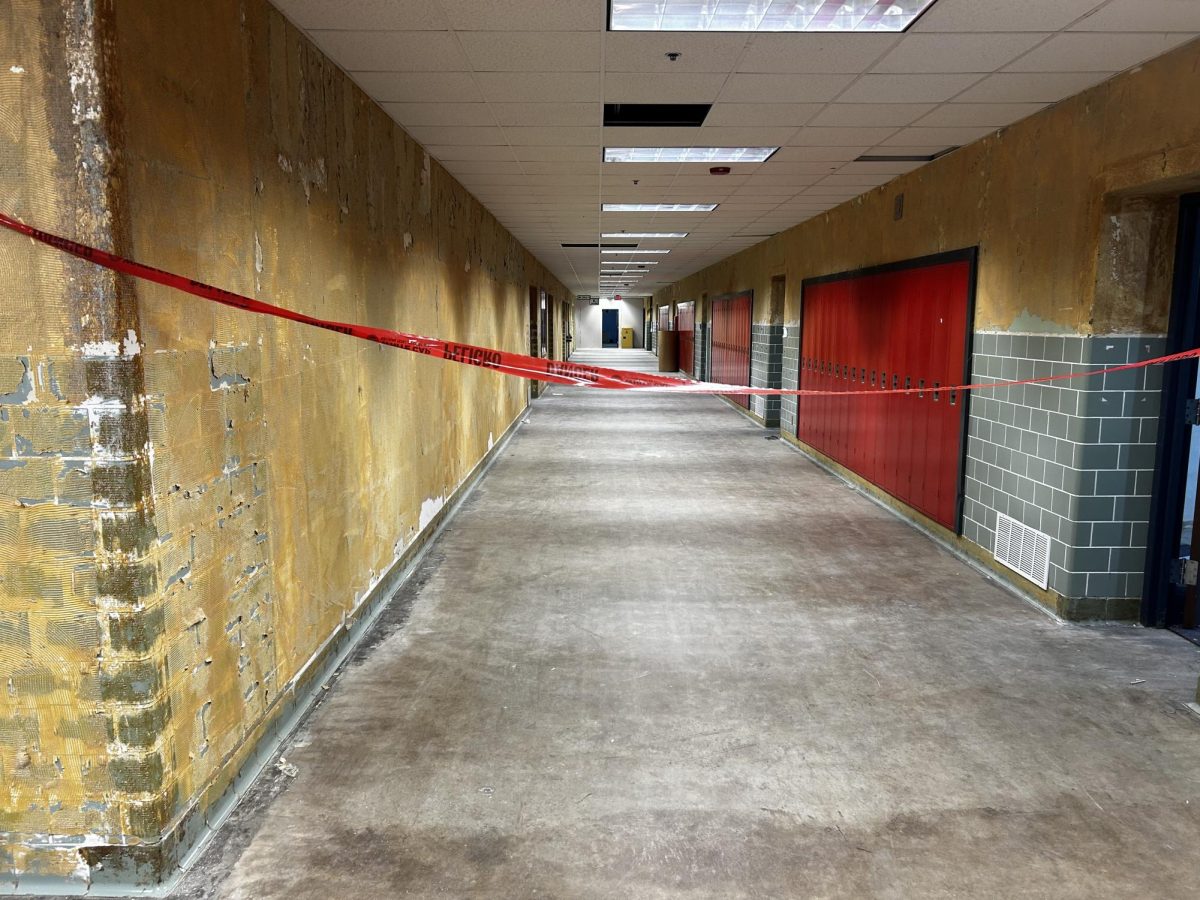Attendance is a growing issue in Indiana school districts, post COVID-19 closures. Lawmakers put SEA 482 in place to get absent students back in classrooms.
Attendance has become an increasing concern in Indiana schools since COVID-19 closures. In response, lawmakers introduced SEA 482, a law designed to get chronically absent students back into classrooms.
K-12 absenteeism has been an ongoing issue, and the new legislation has sparked public discussion. Social media platforms are full of debate about how the law could affect vulnerable students.
“They’re helpful in theory, but I worry that with some of our most vulnerable students—who already maybe don’t have transportation that’s consistent or are already struggling with school—having those meetings and the fear of possible legal repercussions might not go the way they intend,” English teacher Tyler Stevenson said.
Many agree that student attendance is critical, but concerns remain about the law’s potential consequences.
“Some parents rely on their kids more than others. So if you need to take care of a sibling, that will definitely impact them in a negative way,” junior Sloane Moreland said.
Indiana lawmakers defend the law, emphasizing that most attendance-related decisions are left to local school districts, including which absences are excused or unexcused.
“I think if the student has a good enough reason, they shouldn’t have to have these consequences,” Moreland added.
SEA 482 requires schools to report absenteeism data. The law defines “chronic absenteeism” as missing 10% of school days in a year and mandates that schools create educational plans for students with medical conditions or disabilities.
Tenth-grader Jesse Ibitogbe said he missed fewer than 10 school days last year. Under previous Indiana law, 10 absences were considered “habitual truancy.”
Beginning July 1, 2026, students in grades K-8 could face expulsion for excessive absences. Local prosecuting attorneys are also authorized to meet with students’ parents regarding attendance, although the law does not apply to excused absences.
Many educators stress the academic impact of missed school days.
“It does have an effect on their grades. If you’re not here, of course there’s only a certain amount of practice you can do, and when you’re not in class, I can’t help you try to fix misunderstandings,” Stevenson said.
North Central has its own attendance goals, with tips and guidelines posted on the school website. Yet despite these efforts, many students continue to miss multiple instructional days.
“I don’t think people care. I didn’t even know about them. Maybe if more people knew, they would care more,” Moreland said.
SEA 482 has generated public debate, but Indiana lawmakers maintain that its purpose is to reduce chronic absenteeism and ensure students get the education they need.








